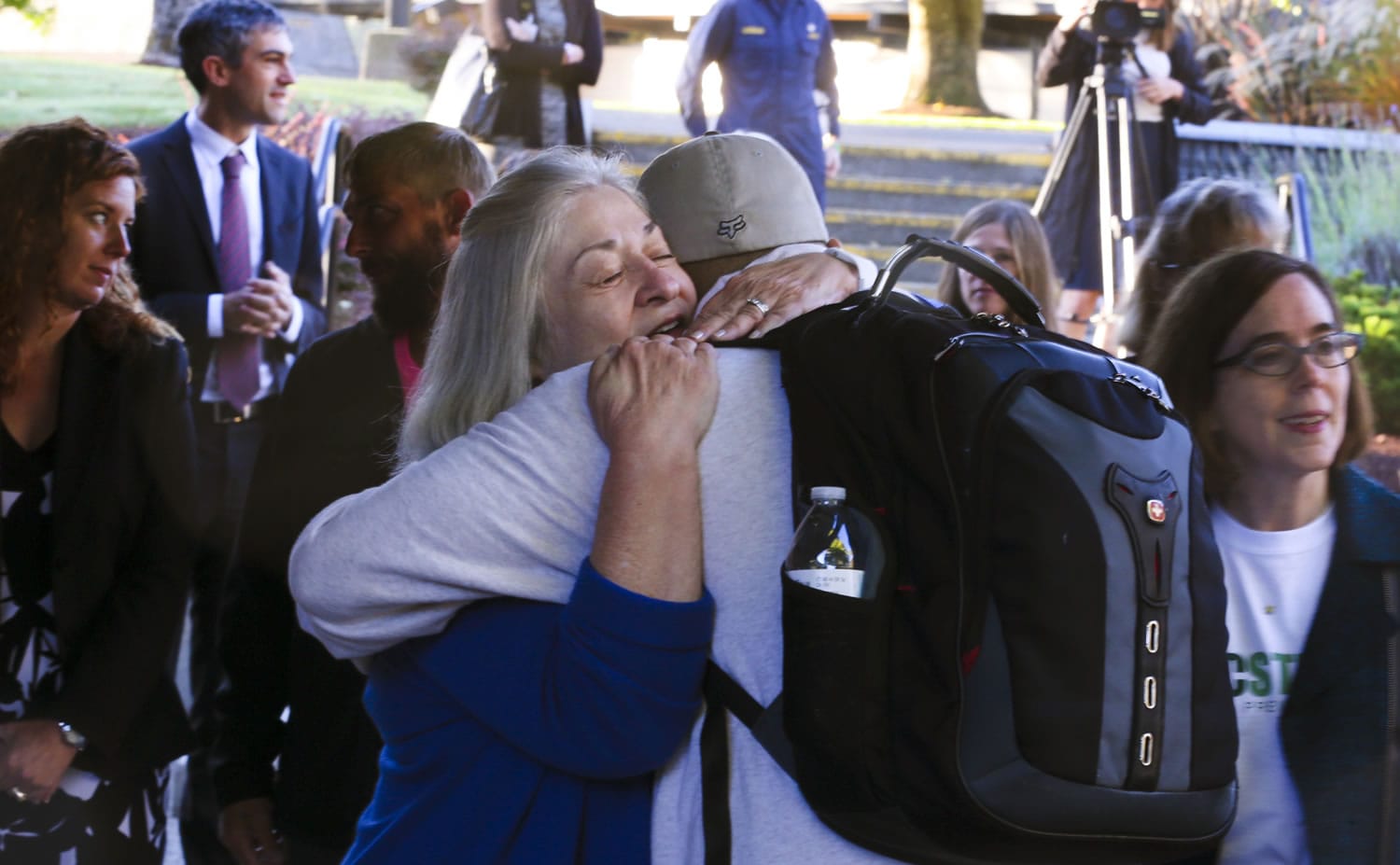hile there are no simple answers to the Interstate 5 Bridge conundrum, one thing is clear for Washington lawmakers: The discussion needs to begin by engaging with leaders from Oregon.
Of course, Washington lawmakers — including Clark County Republicans Liz Pike, Ann Rivers and Don Benton — played a role in killing the Columbia River Crossing proposal, a move that irked many of those Oregon leaders. Pike has led attempts in the past year to extend a hand across the river, but has had little success in creating engagement. Her strong opposition to the CRC and her opposition to the state gas-tax package in this year’s Legislature indicate that she might not be the right person to lead the way when it comes to finding compromise on transportation issues. But others — such as Rivers, who favored the state gas-tax increase and therefore has demonstrated support for transportation funding — might be able to embrace Pike’s idea for engaging with Oregon and forge some progress.
All of this is returning to the forefront as the legislatures in both states prepare for short 2016 sessions. And while the urgency for addressing the I-5 corridor has only increased, the odds appear slim that either state will make progress on the issue in the coming year. Washington lawmakers face more pressing tasks — namely, providing full funding for K-12 schools in the wake of a contempt citation and a $100,000-a-day fine from the state Supreme Court. And Oregon’s Legislature apparently is at an impasse that will delay transportation funding until 2017 — and that is for basic transportation, let alone the albatross that is Interstate 5.
In September, TriMet General Manager Neil McFarlane stressed: “The bridge is on the No. 1 economic corridor on the West Coast. We have to get back to it.” Of course, TriMet was a major supporter of the CRC, in hopes of extending its light-rail system into Clark County. That proposal was met with vocal opposition from many and was one of the primary reasons for the CRC’s demise. But the gist of McFarlane’s words ring true: Replacing the Interstate 5 Bridge is too important to be ignored. That should require compromise from all parties:




